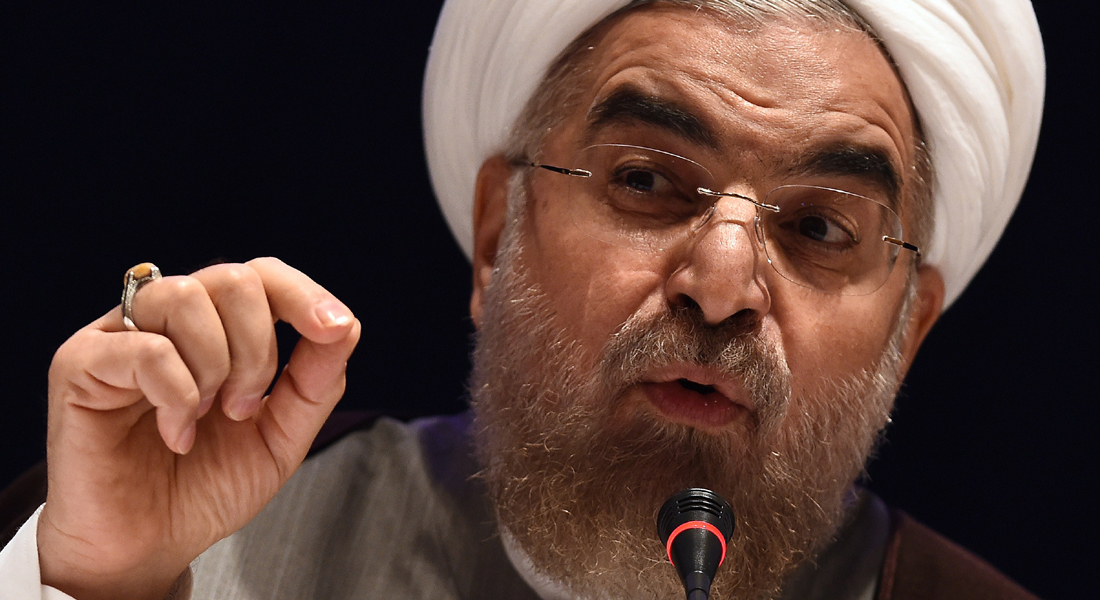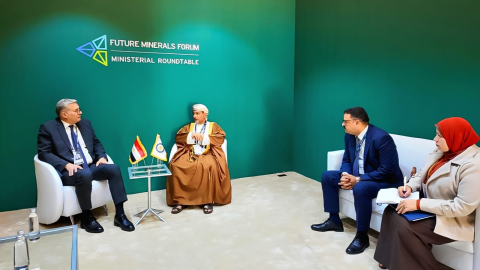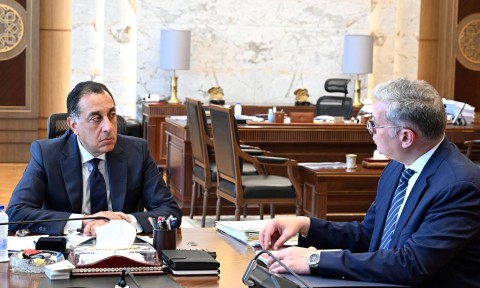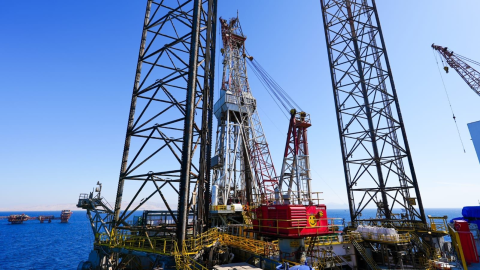“During 2016-25, our upstream sector needs $176 b and the downstream sector needs $77 b of investment,” said Ali Kardor, the deputy for investment affairs of the National Iranian Oil Company (NIOC), reported Press TV.
The bulk of new investments should flow to the exploration and production side of Iran’s energy sector, he said, insisting that low oil prices will not deter Iran’s production objectives.
According to Bloomberg, however, Iran ranks 130th out of 189 countries for ease of doing business, well below Saudi Arabia at 49 place and the UAE in 22nd, citing the World Bank.
One individual who is trying to surmount these obsticles is Hamid Biglari, a 57-year-old Iranian-American who is a middleman for the Islamic regime in in New York financial circles, and specifically for the reformist President Hassan Rouhani’s.
“Iran missed the golden era of globalization from the late nineties to 2008, where a rising tide lifted all boats,” Biglari said in an interview with Bloomberg. “Iran can’t afford to miss the next wave.”
Next to attracting investments into the oil and gas business, he adds that petrochemicals, tourism, infrastructure and consumer goods are ripe for investment.
His advice to Iran is that it sell its state-owned assets, make its central bank more independent and overhaul laws regulating foreign investment.
Biglari helped draft a letter of support for removing anti-Iran sanctions, signed by prominent Iranian-Americans and current and former executives from Twitter Inc, Google Inc., and Dropbox Inc.
Biglari was educated at Cornell University, was a banker with Citigroup and worked previously with McKinsey & Co in the 1990s.












